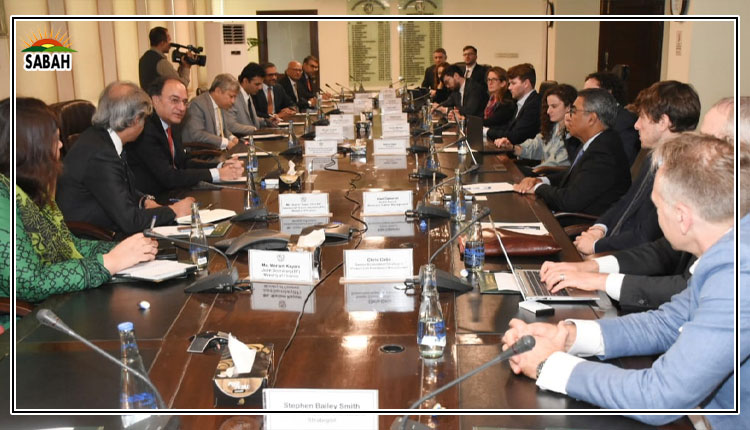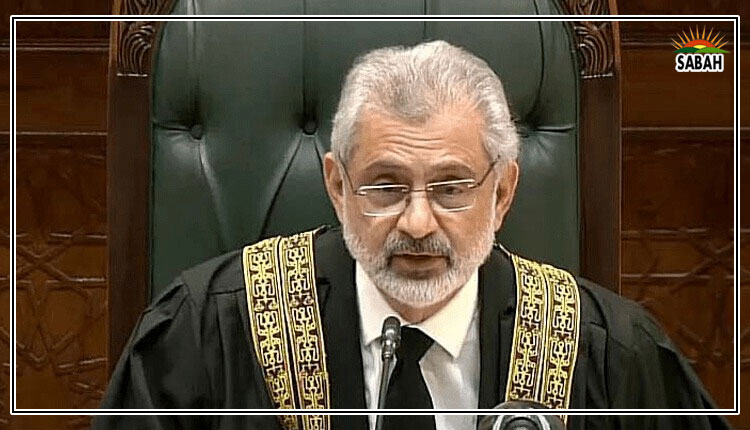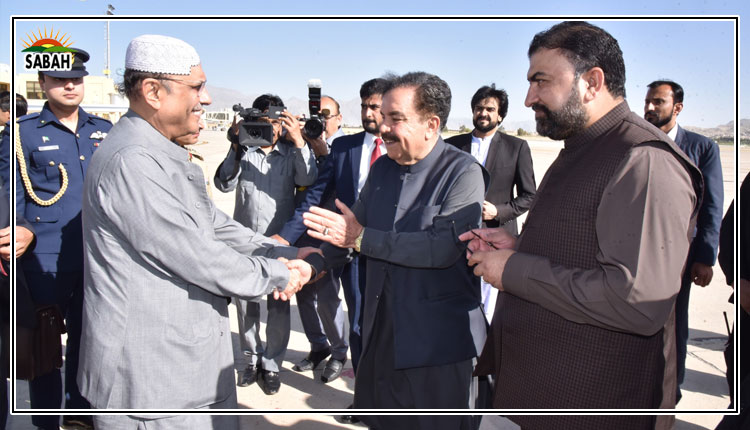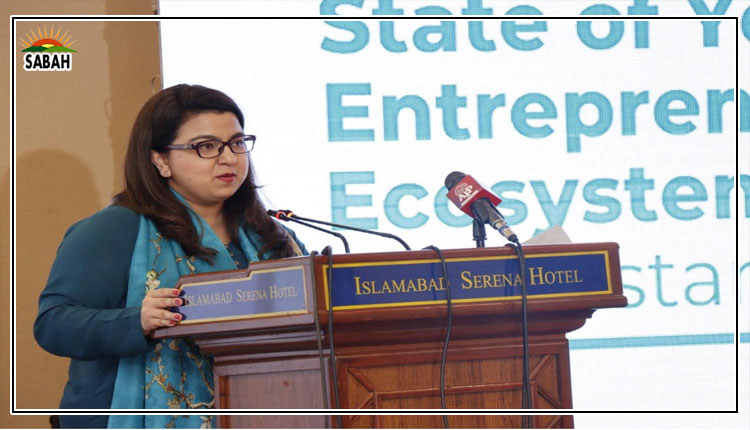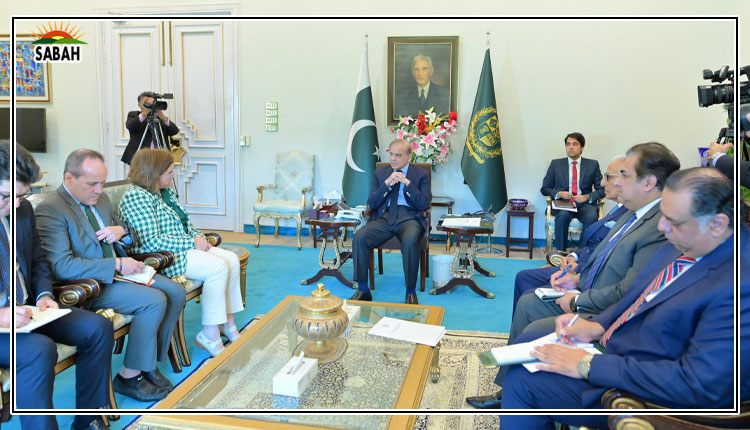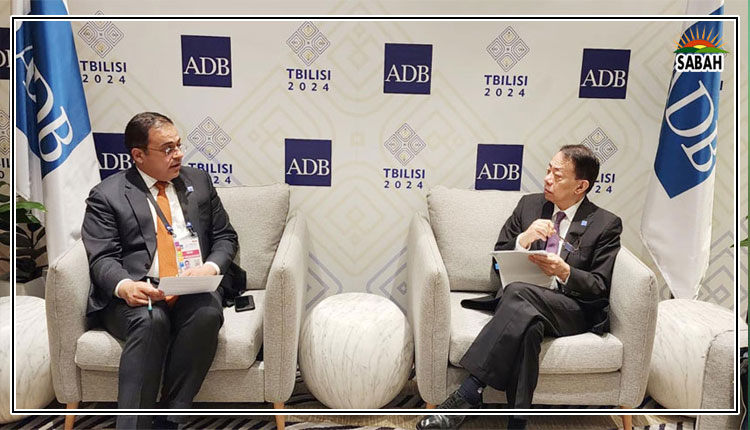Time to broaden South Aisa’s water sharing treaties ۔۔۔۔ Syed Mohammad Ali
Despite being home to approximately a quarter of the global population, South Asia remains one of the least interconnected regions in the modern world. This lack of regional integration is not only confined to lack of trade, or to restrictions on the movement of people across political borders, but it also impedes cooperation on managing vital natural resources, especially water.
South Asia is home to three major transboundary river basins: the Indus, the Ganga and the Brahmaputra. These river basins remain an indispensable source of freshwater for Afghanistan, Bangladesh, Bhutan, India, Nepal and Pakistan. While India is the upper riparian country for many of the shared rivers within South Asia, much of the Brahmaputra and Indus basins originate in the Chinese controlled territories of Tibet, which adds another layer of complexity in terms of securing cross-border cooperation.
Moreover, most decision-makers in South Asia remain focused on harnessing the potential of transborder rivers to boost agricultural productivity or generate more hydroelectricity, rather than thinking of these freshwater resources as cohesive entities which require holistic management and conservation approaches.
Climate change is altering precipitation levels and triggering glacial melts, in turn threatening the food, energy and health security of South Asia as a whole. Such problems will further strain relations between countries which heavily rely on shared rivers. The varied demands associated with population growth have promoted unilateral attempts by individual nations to harness transnational rivers, which is increasing mistrust amongst neighboring nations.
Barring Afghanistan, all neighbouring states have some sort of bilateral agreements in place to share transborder rivers. Yet, many of these agreements are outdated and not comprehensive enough to encourage joint efforts for sustainable management of stressed river systems.
India, for instance, has several treaties and agreements with Nepal and Bangladesh. However, Nepal has criticised India for building infrastructure that can disrupt cross-border waterflows. India has in turn criticised Nepal for its “inadequate management” of parts of the shared water basin on its territories, which is blamed for worsening floods in Bihar and UP. While India and Bangladesh have mechanisms in place to share the waters of the Ganges, they have been struggling to ink an agreement on the Teesta, a tributary of the Brahmaputra.
There are emergent fissures confronting the longstanding Indus Water Treaty (IWT) signed between India and Pakistan in the 1960s. Last year, India issued a notice to Pakistan to discuss modifying this treaty. India insists on a needs-based water sharing approach which also factors in environmental impacts and future risks to the Indus rivers system. This Indian move may also be motivated by the desire to contend with Pakistan’s repeated requests for international arbitration to curb Indian efforts to dam the three rivers allocated to it under the IWT.
The fact that Indian hardliners, including Prime Minister Modi, have made incendiary statements threatening to halt water flow to Pakistan has hardly helped infuse confidence in the ability of the rival states to revise the IWT in a mutually beneficial and environmentally responsible manner. In fact, an overarching approach to managing the Indus may not only require India to cooperate with Pakistan but also with China, which seems unlikely given the increasing acrimony between these Asian giants.
Unfortunately, existing water-sharing agreements across South Asia lack in-built mechanisms for integrated river basin management, which are vital for conservation and disaster management purposes. There are some community level initiatives to manage river floods between Bhutan and India. Community level early warning systems have also been operationalised across the India-Nepal border. However, more ambitious efforts such as the Brahmaputra dialogues between India, China, Bangladesh and Bhutan have not yet resulted in greater multistate level cooperation. It is time for South Asian nations to transcend their myopia and begin working on pathways to manage shared water sources on which the lives of so many people depend.
Courtesy The Express Tribune, April 26th, 2024.


